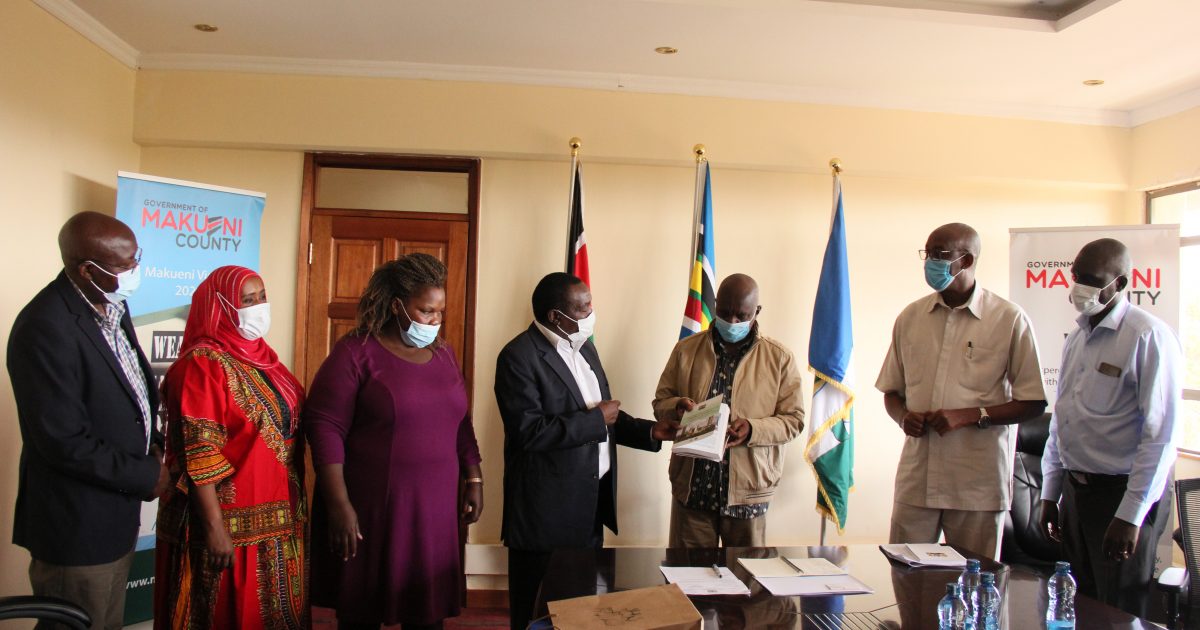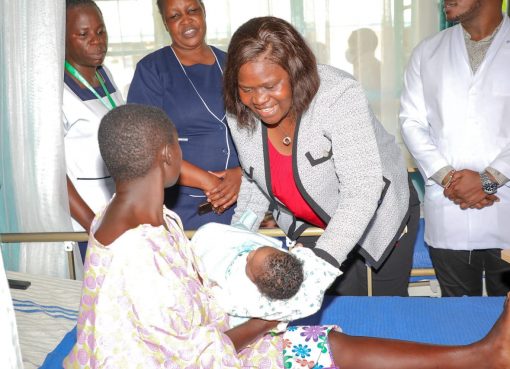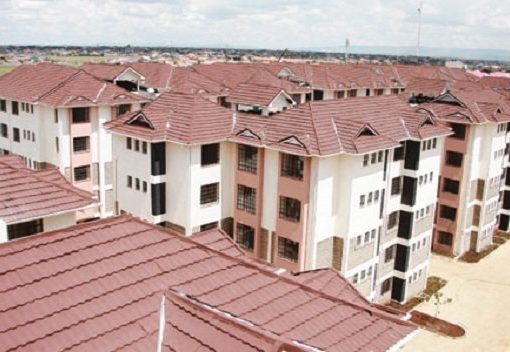Eight counties have signed up for the third annual review of the African Peer Review Mechanism (APRM) by the New Partnership for Africa’s Development (NEPAD) that focuses on the promotion of good governance and transformative leadership for sustainable socio-economic development.
Director NEPAD/APRM Elias Mbau said the exercise slated for later in the year seeks to independently evaluate the counties based on standard parameters of development, placing them at the interest of investors.
Mbau noted that the review also seeks to devolve the good principles of governance as prescribed and stipulated by the African Union.
“We are going to look into issues regarding counties’ utilization of resources, their seriousness and investment in public participation and also analyze parameters on resource allocation and the impact on citizens,” he said.
The director said that following the review, the AU will be able to gauge which counties stand a chance for mega investment and also create a plan for those that are largely marginalized to catch up with the others in terms of development.
Mbau noted that the review will capture on the 37 indicators of good governance which are all related to all the devolved functions, against which citizens will interrogate service delivery and performance by their respective counties.
Speaking at the Wote Technical Training Institute during the dissemination exercise of the second country peer review report Wednesday, the director urged governors to embrace the initiative to improve on service delivery.
“President Uhuru Kenyatta agreed to be reviewed by fellow African head of states in 2017 and we would want to cascade the same to counties and promote principles and practices of good governance,’’ he said.
Mbau added that each county will be required to allocate least Sh18 million from their equitable share for the exercise, going by the sampling recommended by the Kenya National Bureau of Statistics.
Speaking at the same event, the APRM Director of Governance Mr. Peter Kimemia said the money can be drawn from public participation budgets and supplemented by support from strategic partners.
“Reports will be used as instruments of oversight by the Senate and for leveraging by counties in securing support from development partners as well as for the promotion of investments, both local and foreign direct investment,” he said.
Kimemia called on governors to view the initiative as complementary to the regional development efforts as it will result in the creation of thousands of quality jobs for citizens, more revenue for all counties and better infrastructure.
“All these are enablers of accelerated economic growth and development, therefore the governors should not be scared that it will expose the gaps, ours is an objective analysis of devolution,” he said.
Kimemia noted that in the last review, Kenya was hailed for devolution, mobile banking especially Mpesa, establishment of Huduma centres and public participation.
‘‘Kenya was among the first country that agreed to be reviewed and was highly praised for devolution,” he added.
However, the director of governance noted that the review flagged corruption, gender inequality, jobless among the youth and marginalization as some of the main challenges facing the country.
‘‘In the first review done in 2006 before the devolved units Kenya was criticized for marginalization, but although devolution was meant to cure discrimination at the national level there are still pockets of the same mainly caused by clanism and tribalism at the counties,’’ said Kimemia.
Nevertheless, he noted that despite the challenges experienced by counties, the devolved units have a great potential that can help the country achieve sustainable socio-economic development.
Kimemia said that ARPM had already secured commitment from Kwale, Embu, Murang’a, Narok, Homabay, Bomet, Makueni and Garissa counties for the peer review.
On his part, Makueni governor Prof. Kivutha Kibwana extolled the initiative and acceded to have his county government reviewed.
Kivutha said the review will provide an objective report on matters pertaining to devolution, compared to polls commissioned by various organizations which he said many not be scientific.
‘‘Some of the polls may not reflect the real picture because people can pay for the service,’’ he noted.
The governor added that the review will also reveal the structural weakness with devolution and in the long run strengthen the devolved system.
He called on his counterparts to embrace the initiative for enhanced service delivery. ‘‘This is not a competition and it will give governors a chance to tell their devolution story from when they took charge of the counties,’’ added Kivutha.
The governor also underscored the need to have the initiative mainstreamed through the Council of Governors for it to succeed. ‘‘The CoG should also be brought on board so that governors do not shy away from the initiative,’’ he said.
Prof. Kivutha also said the national and counties government should synergize their energies to achieve development, adding that the national government cannot achieve the big four agenda without the counties especially now that health and agriculture are devolved. “What is being done at the national level should be cascaded to the counties,’’ he reiterated.
By Roselyne Kavoo





